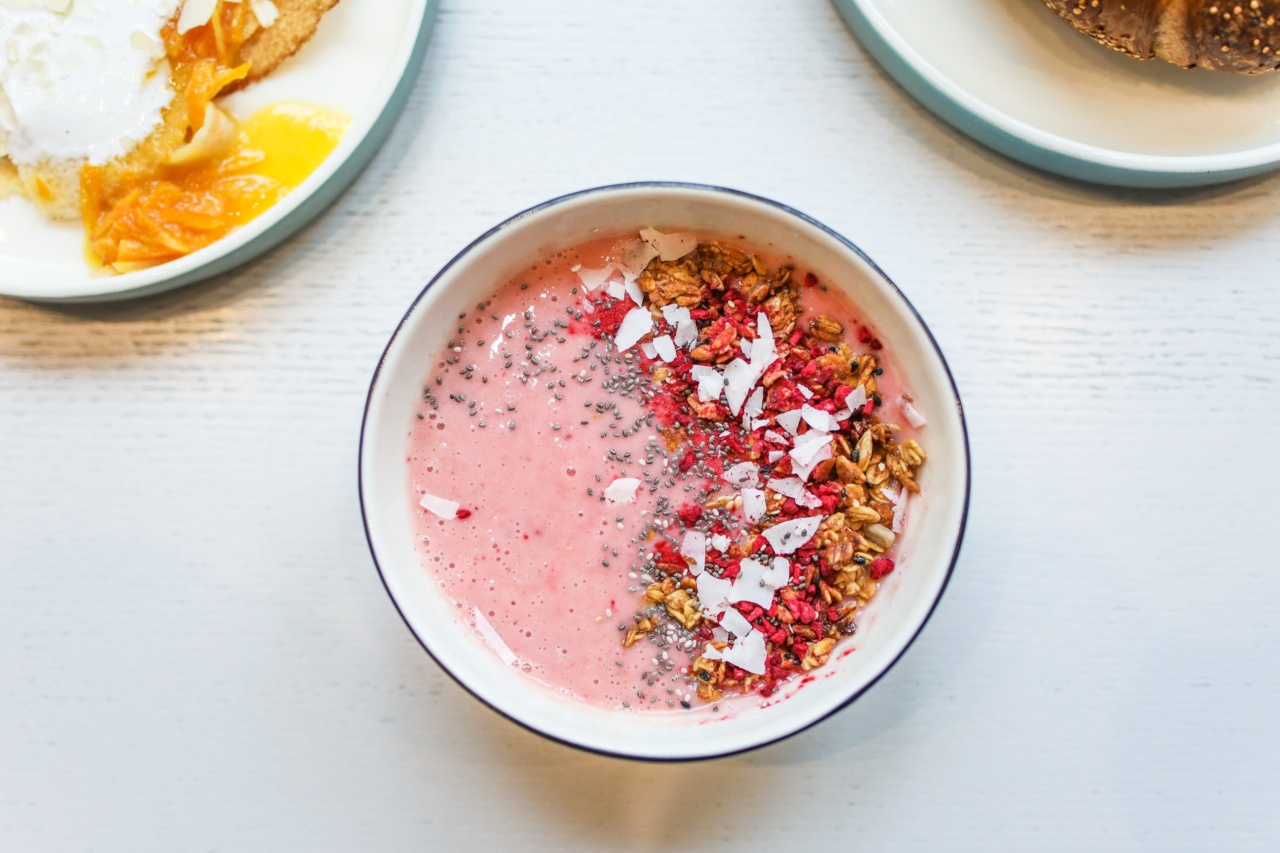Sunflower seeds are a popular snack known for their nutritional benefits. Packed with essential nutrients, sunflower seeds offer a wide range of health benefits.
Whether you eat them as a snack or add them to your meals, sunflower seeds can significantly improve your overall well-being. In this article, we will explore the impressive nutritional value of sunflower seeds and understand how they contribute to a healthy diet.
1. Rich in Healthy Fats
Sunflower seeds are a great source of healthy fats, such as monounsaturated and polyunsaturated fats, which are vital for the smooth functioning of our bodies.
These fats help reduce bad cholesterol levels, lower the risk of heart disease, and contribute to maintaining a healthy weight.
2. High in Protein
Protein is an essential macronutrient required for various bodily functions, including muscle repair and maintenance. Sunflower seeds provide a substantial amount of protein, making them an excellent addition to vegetarian and vegan diets.
Additionally, protein-rich foods help boost metabolism and promote feelings of fullness, aiding in weight management.
3. Excellent Source of Vitamins
Sunflower seeds are loaded with essential vitamins, including vitamin E, vitamin B1 (thiamine), vitamin B6, and folate. Vitamin E is a powerful antioxidant that protects our cells from damage caused by harmful free radicals.
It also supports immune function and promotes healthy skin and hair. B vitamins, on the other hand, play a crucial role in energy production, brain health, and the formation of red blood cells.
4. Abundant in Minerals
When it comes to minerals, sunflower seeds are a treasure trove. They are particularly rich in copper, magnesium, selenium, and phosphorus. Copper aids in collagen synthesis, nerve function, and iron absorption.
Magnesium is essential for bone health, muscle function, and blood pressure regulation. Selenium acts as a potent antioxidant and supports thyroid function, while phosphorus is vital for strong bones and teeth.
5. Fiber Powerhouse
Dietary fiber is crucial for digestive health, and sunflower seeds offer a significant amount of it. Fiber aids in the regulation of bowel movements, prevents constipation, and promotes a healthy digestive system.
It also helps control blood sugar levels, reduce cholesterol, and maintain a healthy weight.
6. Heart-Healthy Benefits
Due to their impressive nutrient profile, sunflower seeds have been linked to several heart-healthy benefits.
The combination of healthy fats, fiber, and antioxidants helps lower bad cholesterol levels, reduce inflammation, and support overall heart health. Incorporating sunflower seeds into your diet can help decrease the risk of heart disease and related complications.
7. Antioxidant Protection
The antioxidants found in sunflower seeds, such as vitamin E and selenium, play a vital role in protecting our cells from oxidative stress.
Oxidative stress occurs when there is an imbalance between free radicals and antioxidants in the body, leading to cellular damage and various diseases. By incorporating sunflower seeds into your diet, you can enhance your overall antioxidant defense system.
8. Blood Sugar Regulation
Despite their small size, sunflower seeds can have a positive impact on blood sugar regulation.
The combination of protein, healthy fats, and fiber in sunflower seeds slows down the absorption of sugar into the bloodstream, preventing blood sugar spikes. This makes sunflower seeds a suitable addition to a balanced diet for individuals with diabetes or insulin resistance.
9. Provides Essential Amino Acids
Sunflower seeds contain all nine essential amino acids required for optimal growth and development. Essential amino acids cannot be produced by the body and must be obtained through our diet.
By consuming sunflower seeds, you can ensure your body receives these essential building blocks of protein.
10. Versatile and Delicious
Besides their incredible nutritional value, sunflower seeds are a versatile ingredient that can be easily incorporated into various recipes.
You can sprinkle them over salads, add them to granola or trail mix, blend them into smoothies, or even use them as a coating for baked goods. Their nutty and crunchy texture adds an enjoyable element to any dish.






























